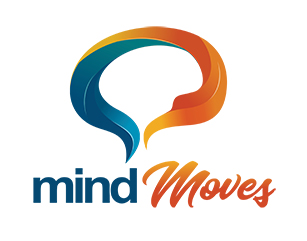Questions – a hindrance or a help?

Most of us think that asking questions is a helpful thing to do when someone asks us for help – right? Well, I beg to differ.
When we ask questions, we’re generally trying to connect the story dots in our heads, so we can figure out what happened so we can offer help, guidance, advice, or make a decision. And generally this is directed to the person to whom we’re supposedly listening.
So let’s play with this … Let’s say I’m feeling sad and I want to talk to someone. How does it help me when you ask me a bunch of questions? When you ask me questions, I lose my thought-thread and end up helping you connect story dots in your head so that you can tell me how I can best solve my problem. Or if I’m really lucky, you’ll start telling me how you’ve solved this thing before or how someone you know has solved it and that’s of great value to me right? Regardless of whether I’m in the same situation as them or have the same resources or head space as them. And, because you’ve asked me so many questions you have all the information you need, (including what’s going on in my head that I haven’t been able to verbalise just yet), so the response you give should help me right? And when I say no that won’t work for me, you might get annoyed and stop listening to me right? What you’ve really been doing is trying to solve my problem for me and while you’re asking your questions, I’m not telling my story. Sigh! Is this familiar?
Relax – it’s common. I hear this often from those who attend our courses and those whom I’m privileged to coach and mentor. Often we get frustrated because the person who has a problems simply “doesn’t want to fix” it. I wonder why? How have you felt when someone tells you how you should fix your problem? Especially when all you want to do is have a bit of a chat about it …
Imagine this … let’s pretend that I know how to solve my problem, and perhaps, I don’t know the answer just yet. Let’s say that I need to talk it through with someone. What would happen if you simply listened to me? What would happen if, when you asked questions, you asked me questions about what I wanted, and what I was feeling, and what was happening inside of me? I wonder what might happen then?
Of course there’s going to be times where we need to ask questions to be able to help, guide and make decisions, and in these times questions are important too. On these occasions the person who has a concern might ask for your help or guidance. And, if we haven’t been asked how come we automatically want to fix other peoples’ stuff by telling them what to do?
We keep hearing how our mental health statistics are at an alarming high at the moment. There’s plenty of us out there who simply need someone to talk to and feel heard and listened to. And … if you really want to help someone who is feeling lonely, sad, upset, depressed, anxious, nervous, frightened or …. whatever, sometimes the best thing we can do is to simply listen. Listen for them rather than listening for you. Its validating for you and the other person. The other person feels like they’ve been heard.
When we ask questions to connect the story dots in our head, remember, we’re helping ourselves rather than the other person.
